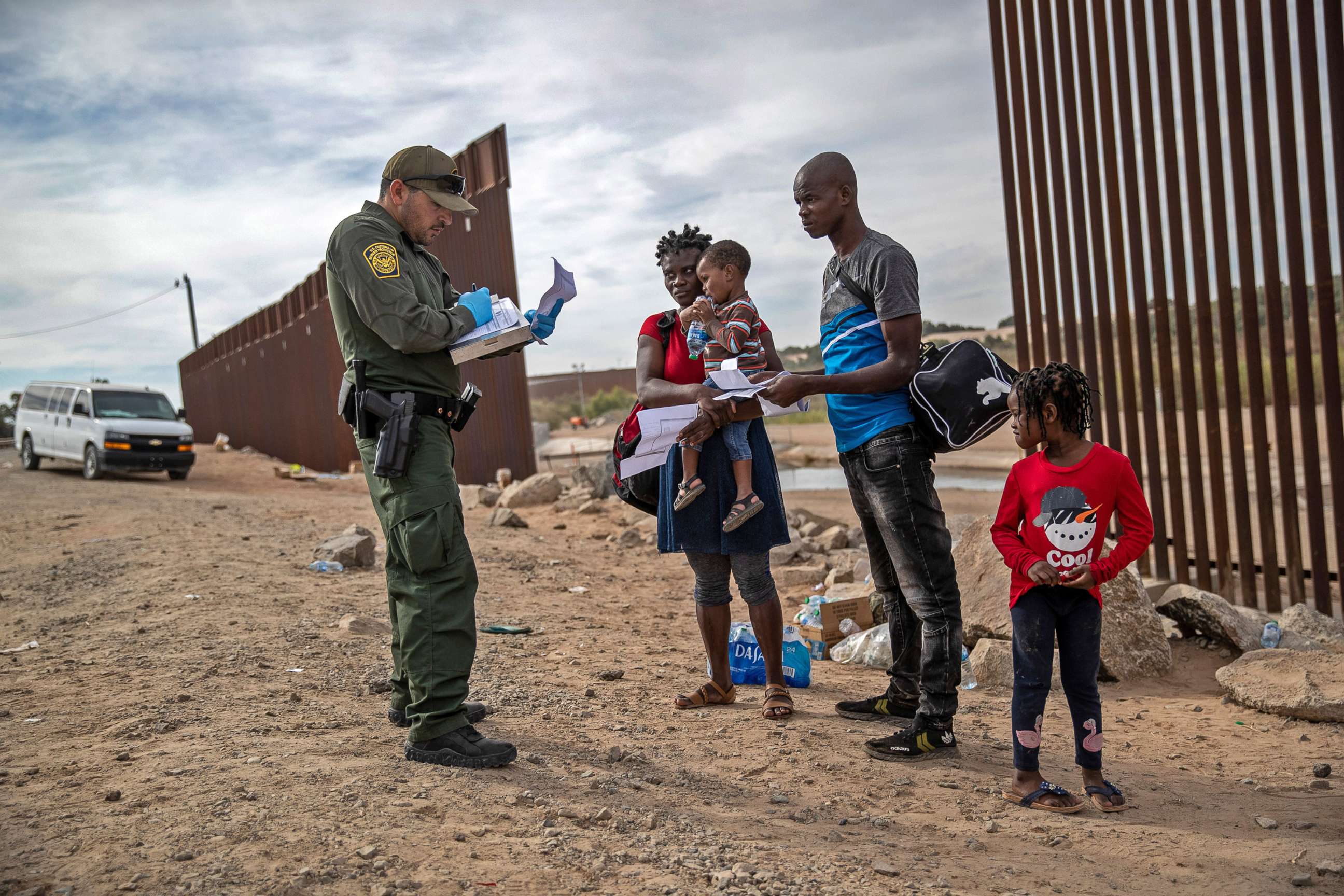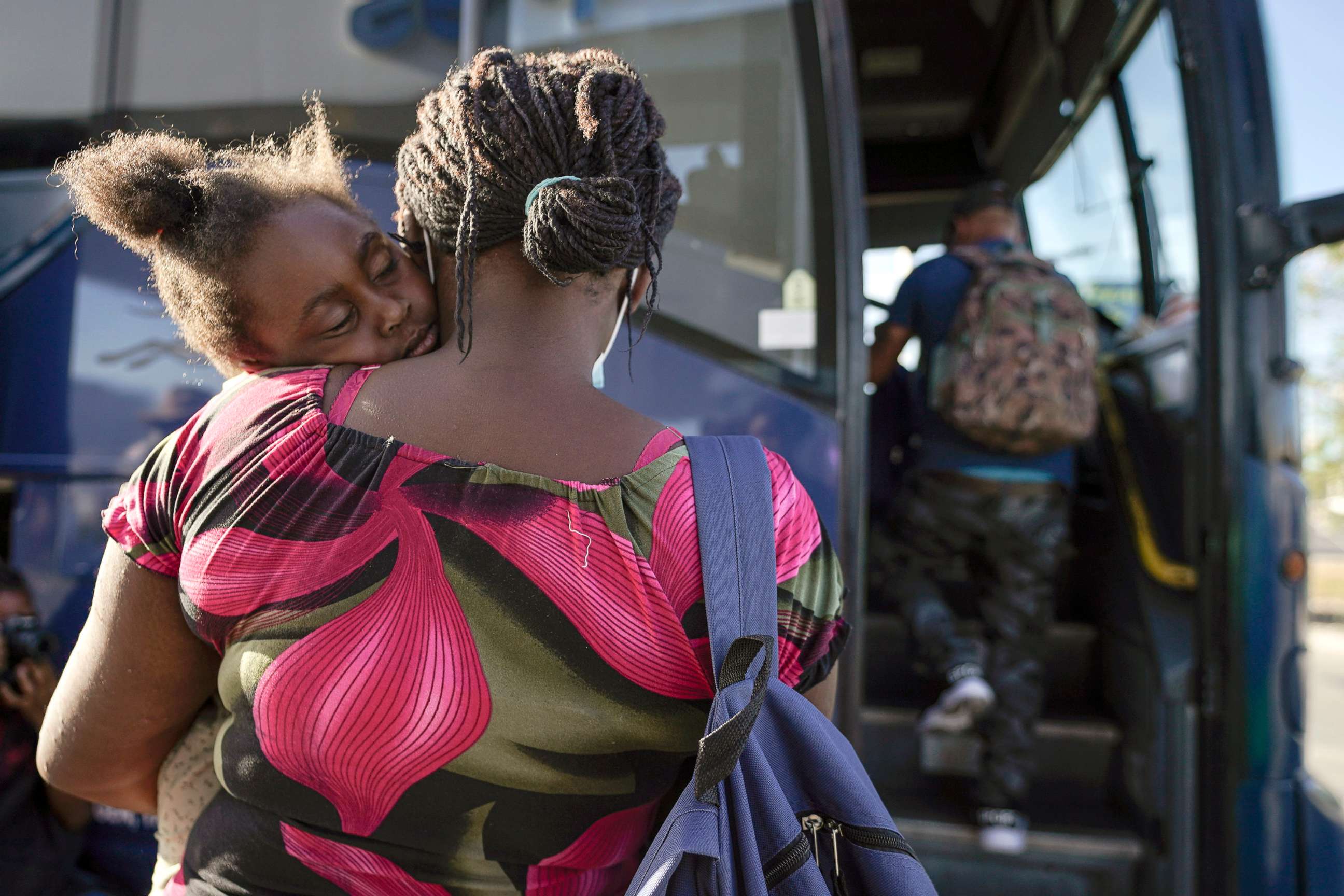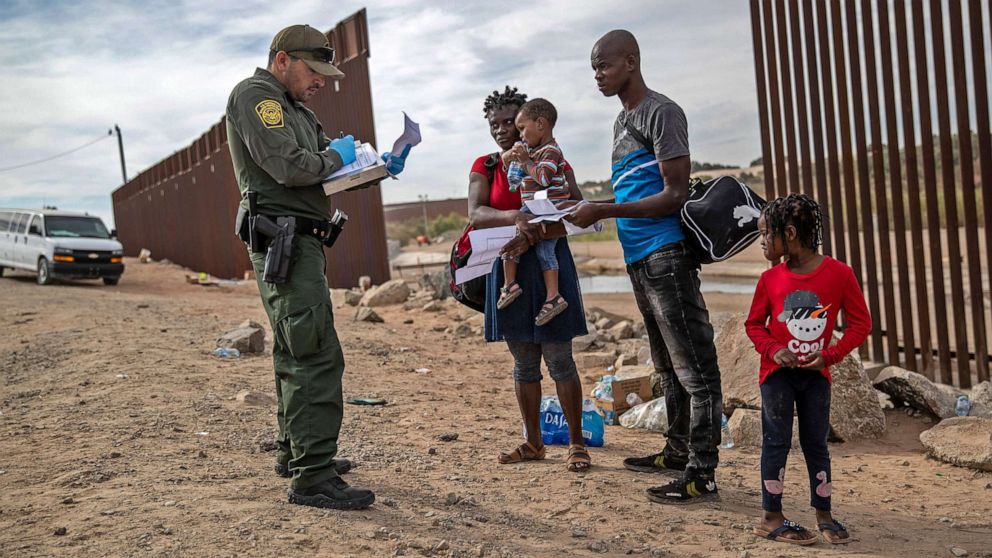Black immigrant population in US could more than double by 2060: Study
About 4.6 million Black people in the U.S. -- roughly 1 in 10 -- are immigrants, and that figure could more than double to 9.5 million by 2060, according to a study by Pew Research Center.
Pew based its calculations in the study, released Thursday, on Census data collected from 2006 to 2019 through community surveys.
"The nation's immigrant population has been, to some extent, largely driven by trends from Latin America and Asia," said Mark Lopez, director of race and ethnicity research for Pew and a coauthor of the study. "But African and particularly Black immigrant trends have become a growing part of the story of the nation's immigrant population overall."

Lopez noted that in addition to the roughly 10% of Black immigrants, an additional 9% of Black people are second-generation and have at least one foreign-born parent, meaning "the immigrant experience is not far from the daily life experiences of about 1 in 5 Black Americans today."
In 2019, New York (about 900,000) and Florida (about 800,000) had the most Black immigrants, according to the study.
"Our report is part of a broader research agenda to understand the diversity of the country, including the diversity of the nation's Black population," Lopez added.
Abraham Paulos, deputy director of Black Alliance for Just Immigration, which is based in Brooklyn, said Black immigrants and those who've lived in the U.S. longer face many of the same challenges.
"I think whatever is happening in Black America is also happening to Black immigrants," said Paulos, noting America's historically discriminatory criminal justice system, police brutality and housing inequality. Many of those represented by BAJI also struggle to unionize and to advocate for better working conditions.
Most Black immigrants, the study showed, came from Jamaica (about 760,000) and Haiti (about 700,000) from 2000 to 2019, and many of them, Paulos noted, also faced comparatively more difficult acclimation periods, including more discrimination, than some from other nations.

In September, thousands of Haitian asylum seekers camped under a bridge in Del Rio, Texas. The Biden administration came under fire when images were released showing Customs and Border Patrol officers using horses to push back migrants crossing the Rio Grande into the U.S. And in December, a group of Haitian migrants sued the Biden administration, alleging mistreatment in that incident.
"Haiti is a great example," Paulos said. "I think with the Haitian immigrant, I think it is probably the best analogy to sort of get a window into how Black Americans are treated by the immigration apparatus."
Editor's note: This story has been updated to correct some statistical data.




